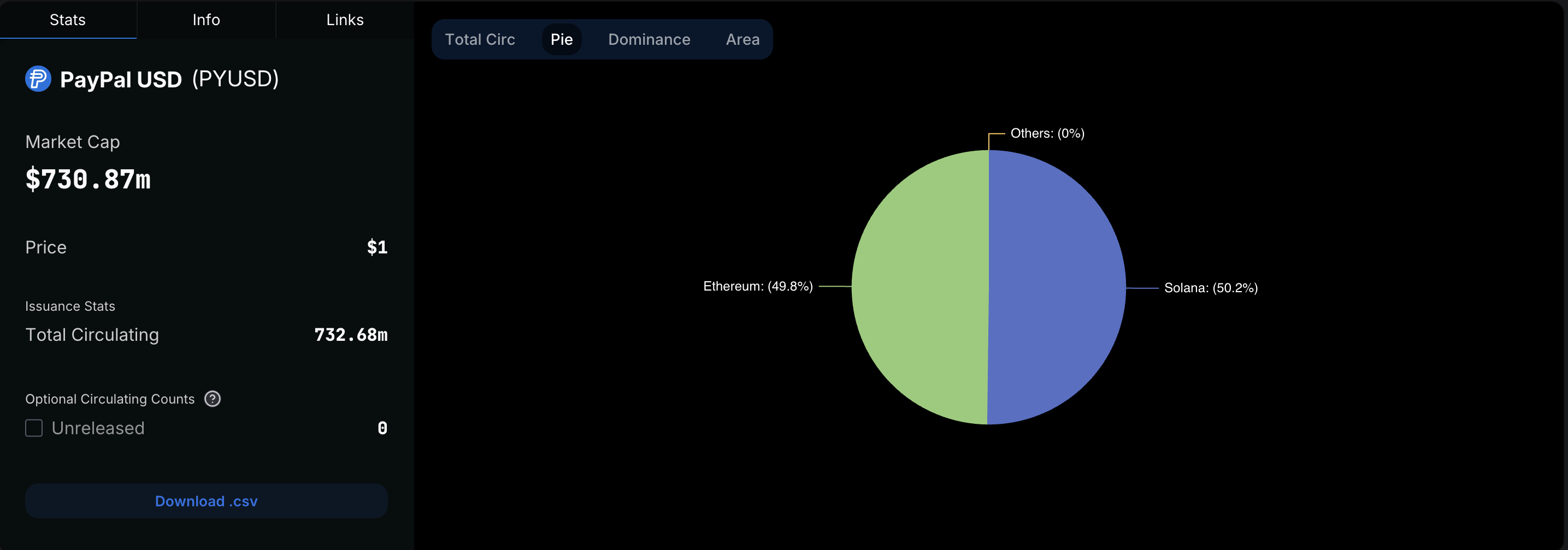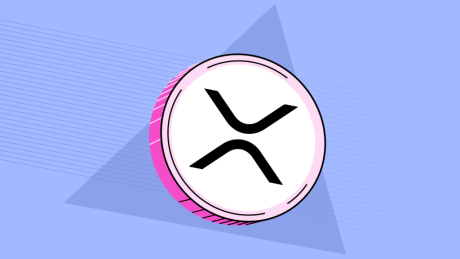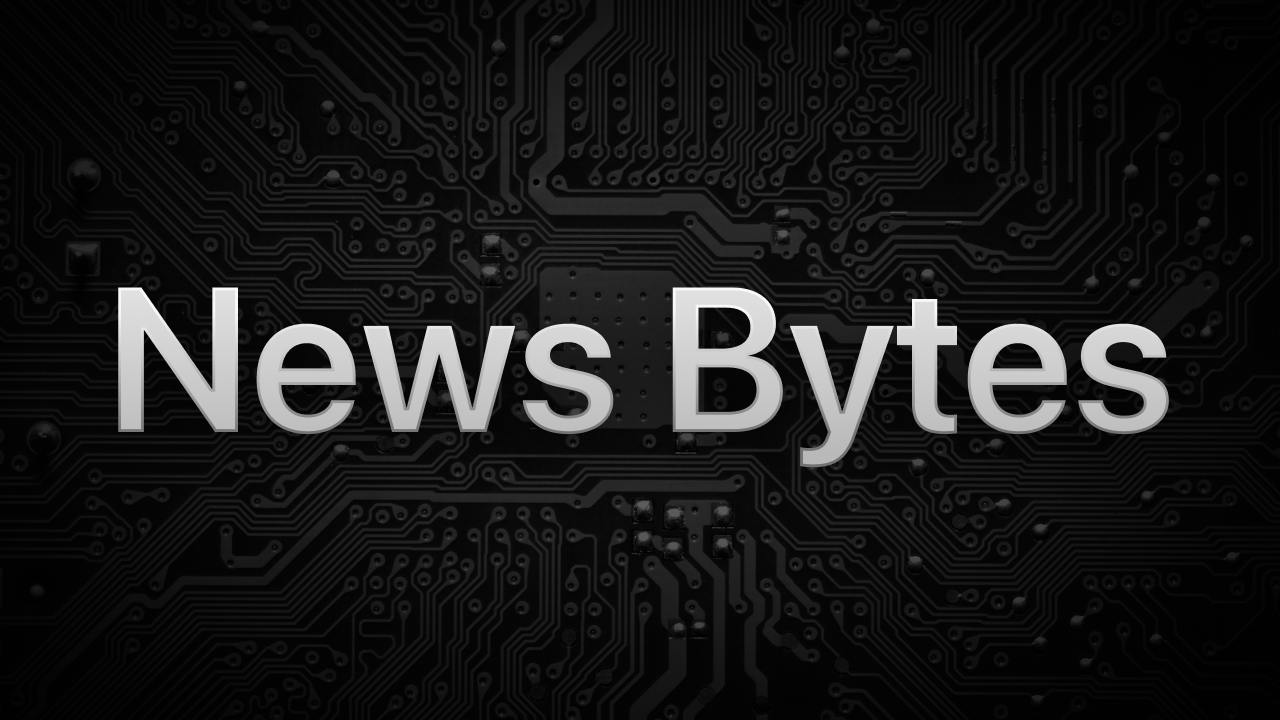Ethereum Is Not The Best Solution For Payments, Says PayPal’s Head Of Crypto — Here’s Why
Ethereum (ETH) is not the best solution for payments, according to PayPal’s Vice President of Blockchain, Crypto, and Digital Currencies (BCDC) unit, Jose Fernandez da Ponte. Ethereum Falls Short For Payment Purposes Speaking at the Solana Breakpoint 2024 conference, Ponte brought attention to Ethereum’s inability to handle a high volume of transactions as a key […]

Ethereum (ETH) is not the best solution for payments, according to PayPal’s Vice President of Blockchain, Crypto, and Digital Currencies (BCDC) unit, Jose Fernandez da Ponte.
Ethereum Falls Short For Payment Purposes
Speaking at the Solana Breakpoint 2024 conference, Ponte brought attention to Ethereum’s inability to handle a high volume of transactions as a key reason PayPal chose to launch its dollar-backed stablecoin, PYUSD, on the competing smart contract platform Solana (SOL).
PayPal first introduced the PYUSD stablecoin in August 2023 on the Ethereum network. However, in May 2024, the company launched the stablecoin on the Solana blockchain, cementing it as the preferred network due to its ability to process “massive amounts of transactions at high speeds with extremely low costs.”

Ponte explained that a functional payment network must be able to handle at least 1,000 transactions per second (tps), a figure that the Ethereum network struggles to achieve consistently.
Ponte added that not only the transaction speed or network throughput but also the benefit of token extensions made Solana an appealing base layer for PayPal’s dollar-backed stablecoin PYUSD. Ponte said:
There is transaction confidentiality and managing charges for transactions. Thus, Solana was an easy choice when we were looking for the next chain, especially because of the Token Extension capabilities.
For those unfamiliar, Solana token extensions add extra functionality to tokens, enabling features like transfer restrictions and multi-signature approvals.
These enhancements are useful in payment systems as they allow developers to implement customized payment flows, automate certain processes, and add layers of security to transactions. Token extensions offer the option of customization to PYUSD in managing payments with specific conditions or requirements.
Notably, two former senior employees at Coinbase recently launched their crypto exchange, TrueX, which will use PYUSD as its “preferred token for transactions.” Unsurprisingly, PYUSD has already amassed a market cap of over $730 million and is likely to continue denting the market share of leading stablecoins such as USDT and USDC.
Can The ETH Ecosystem Become Retail-Friendly?
Jose’s words hardly come as a surprise, given the context. To make stablecoins mainstream, the underlying network needs to have a strong throughput and affordable transaction fees. Although Ethereum’s Dencun upgrade aimed to significantly reduce the network’s gas fees, it pales compared to minimal fees charged by networks like Solana, Tron, and others.
There is hope regarding the success of Ethereum layer-2 scaling solutions such as Optimism, Arbitrum, and others. At present, there are a total of 74 Ethereum layer-2 projects, indicating the strong demand for solutions that can help Ethereum scale with affordable transaction fees.
On the flip side, however, there are concerns about the centralized nature of many of these layer-2 scaling solutions. A recent report posited that centralization risks could potentially enable network operators to obtain control over user funds. Ethereum trades at $2,540 at press time, up 4.2% in the past 24-hour period.

What's Your Reaction?




















